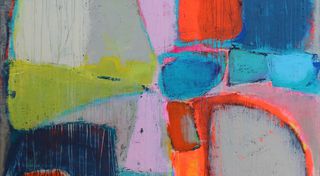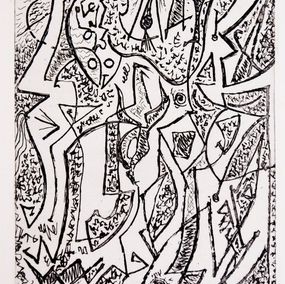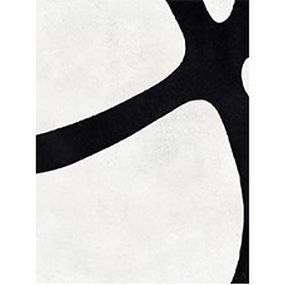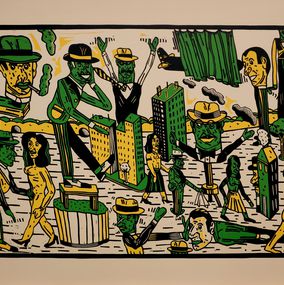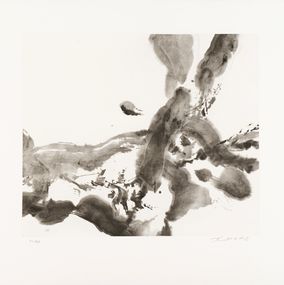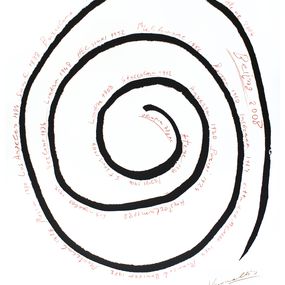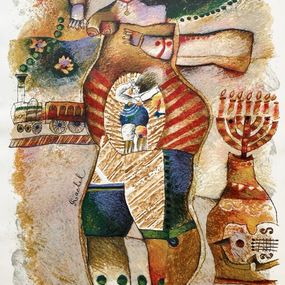
Etching Print for Sale
Edition engraving holds a key place in the history of modern and contemporary art. This practice combines technical mastery with the possibility of multiple reproduction, allowing an artistic language to be accessible while preserving the value of an original work. Edition engraving relies on techniques such as etching, drypoint or aquatint, and is recognized for its fine lines, textures and contrasts.
Major artists contributed to the prominence of edition engraving in the twentieth century. Salvador Dalí produced engravings in which surrealist imagination took on new graphic resonance, filled with symbols and dreamlike visions. Joan Miró developed edition engraving with emphasis on sign, color and spontaneity, bringing the discipline closer to a freer visual language. These contributions reveal the potential of edition engraving to unite technical precision with artistic innovation.
Edition engraving appeals to collectors and institutions for its hybrid status between unique work and distributed production. It stands as both experimental field and enduring heritage, with each print reflecting distinct expertise. Exploring Artsper's curated selection of edition engraving allows a collection to be enriched with a significant work uniting material presence, graphic strength and lasting artistic value.


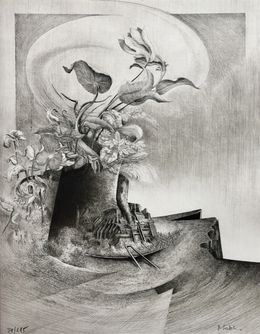
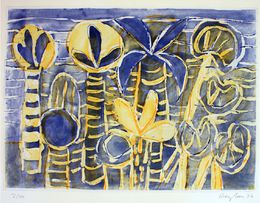



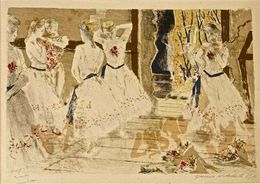
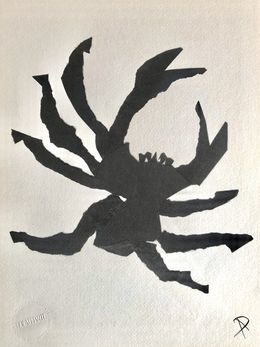
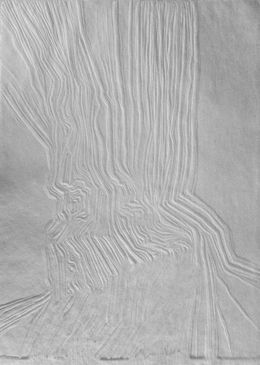


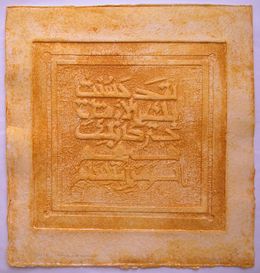

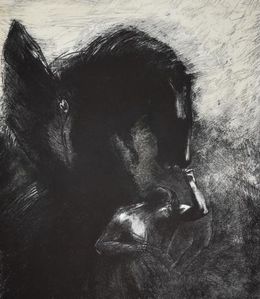

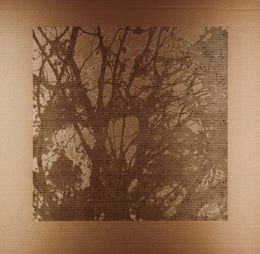
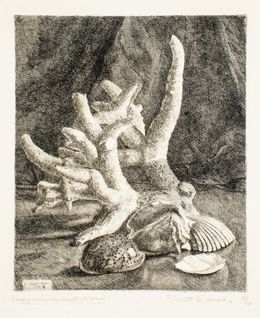
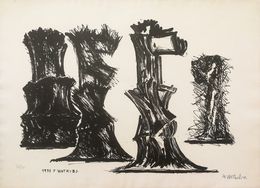

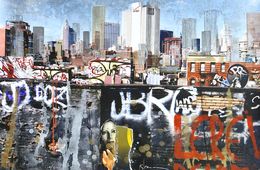



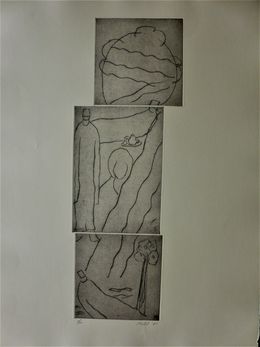

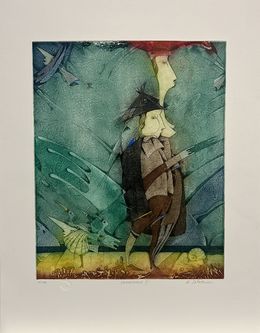
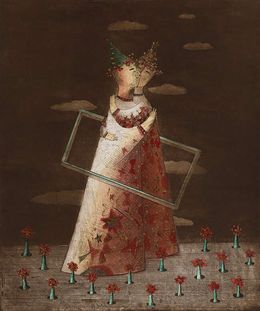

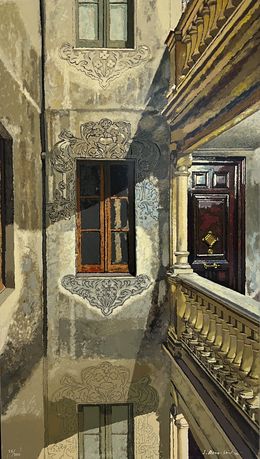

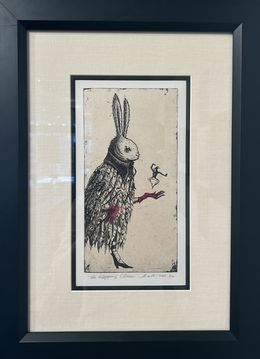
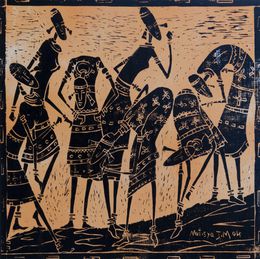




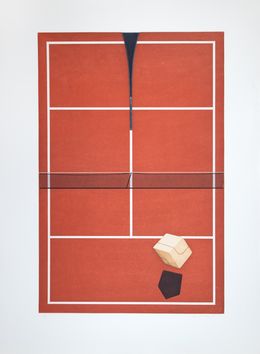

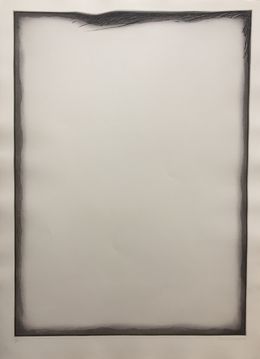

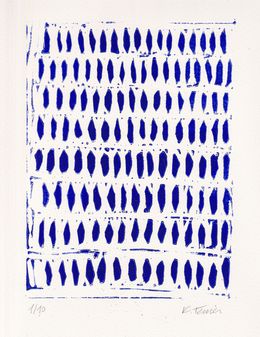
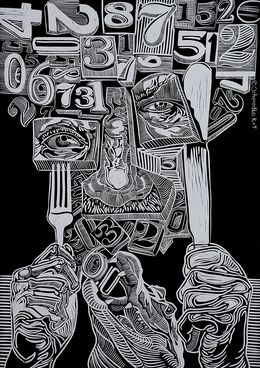
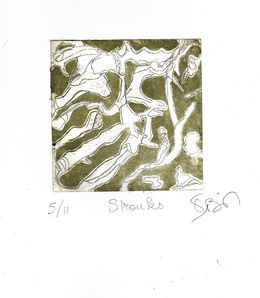


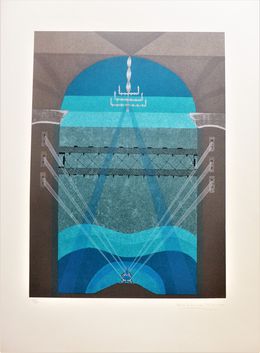





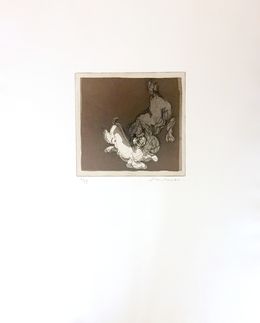
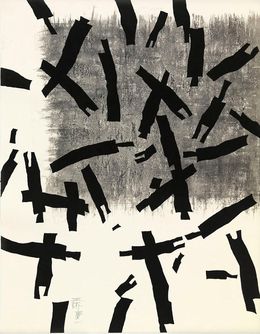
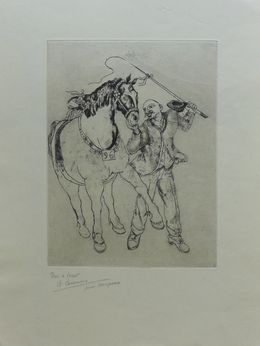
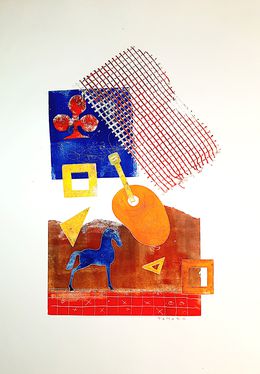




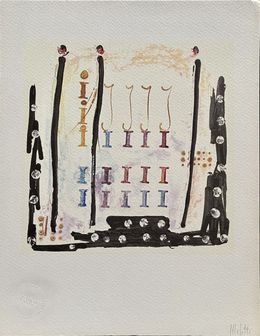

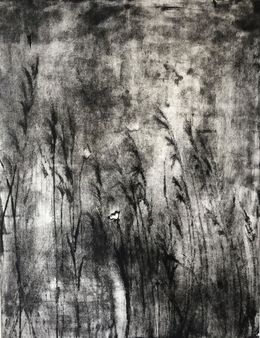
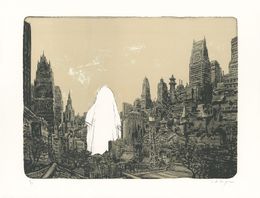
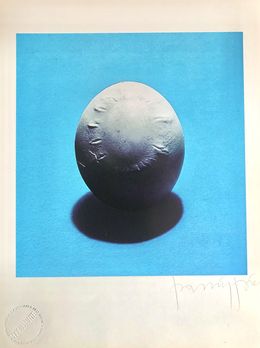
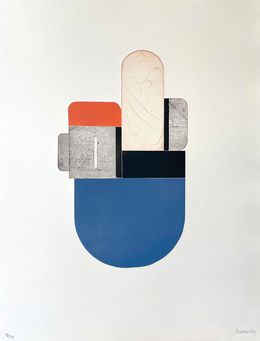
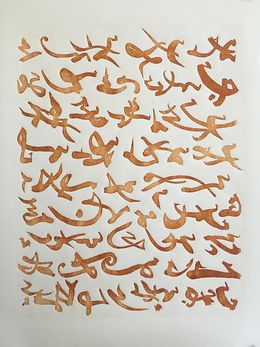
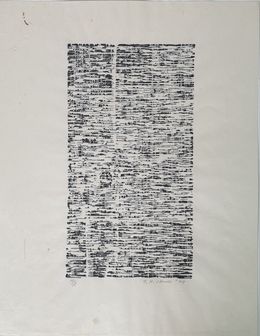
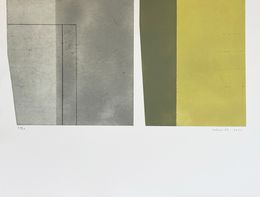

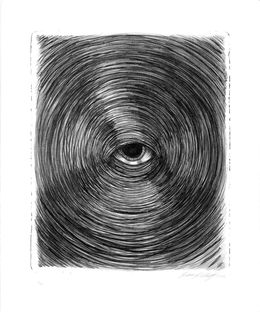
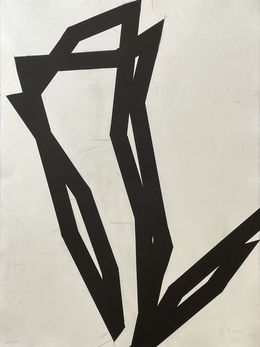


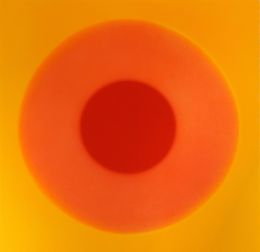






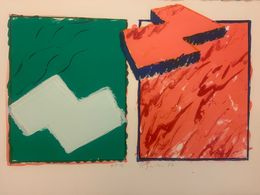


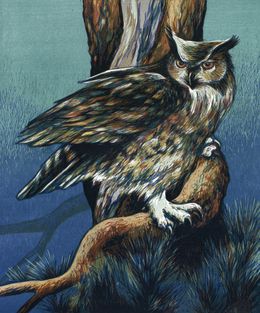


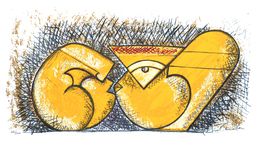
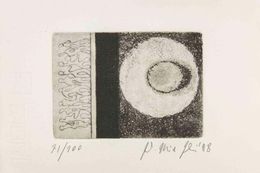
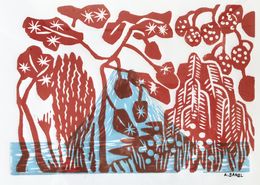

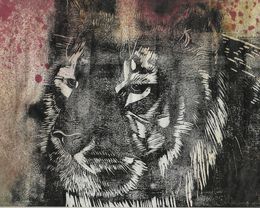

Discover the styles & movements
Discover the selection of our experts
Etching is a type of printing which uses acid or another chemical to cut a design onto a surface, often metal. While a print is the end product, etching is the process of creating the print.
Artists that used etching include Francisco de Goya, Rembrandt van Rijn, William Blake and Angelica Kauffman.
Etching can be done on many different surface materials, such as metal, cardboard, wood, plastic and stone.
